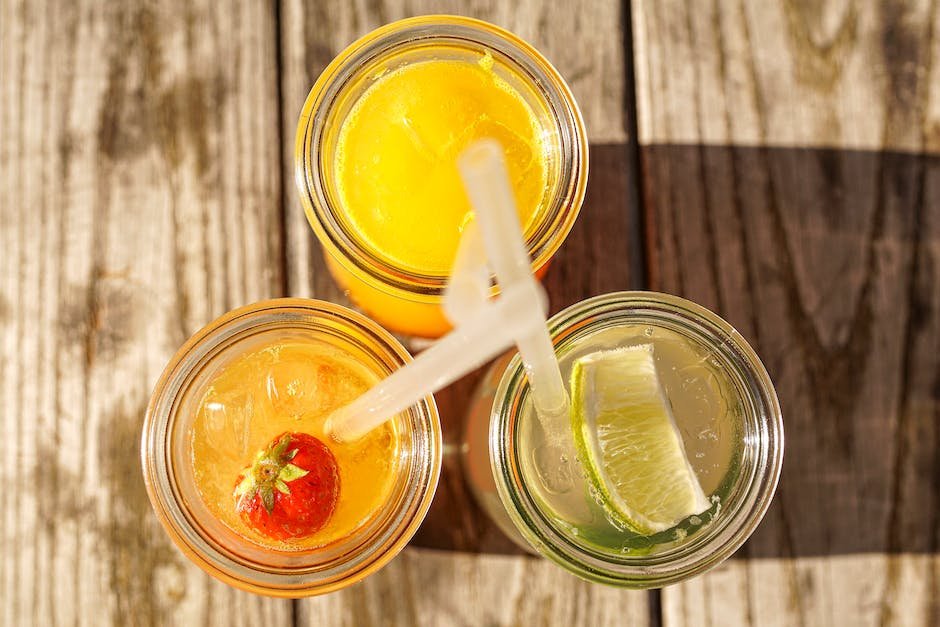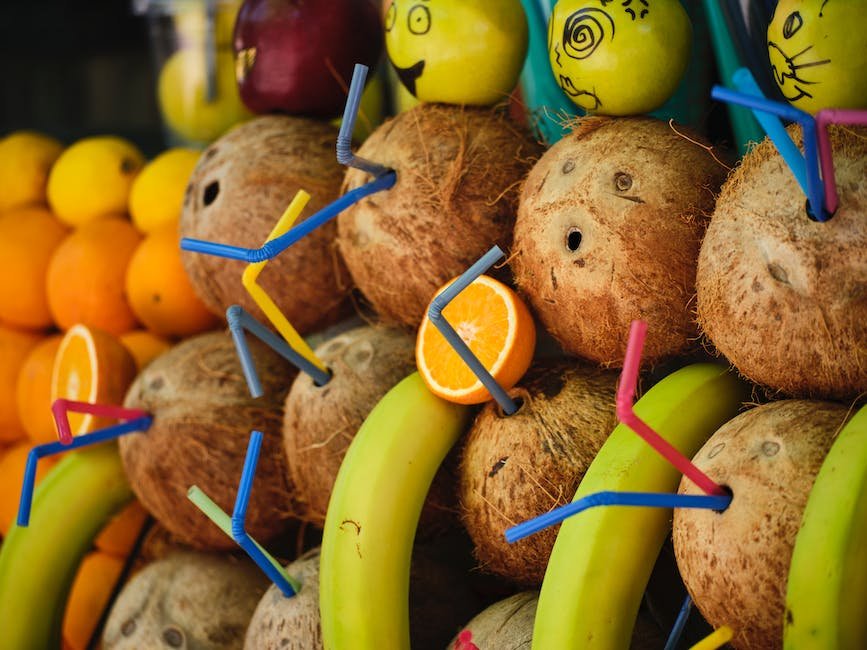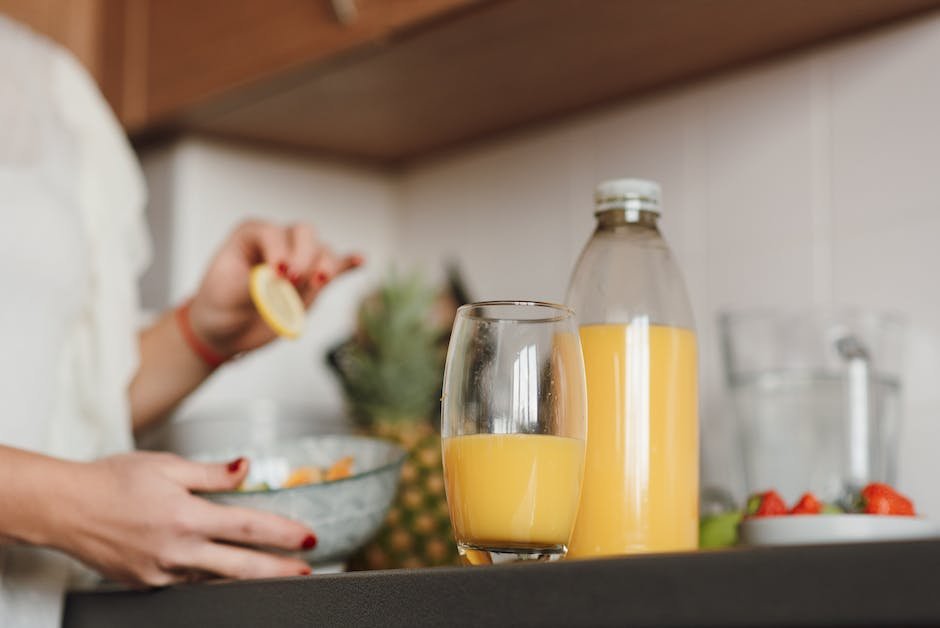Many people enjoy drinking orange juice, but not everyone loves it. Some find it too sweet while others feel that it is not enough flavor. Those who dislike it say that it does not taste good or that it has no balance- nothing to help make it down your throat.
There are several brands of OJ you can buy at stores today that do not add sugar. Unfortunately, these types of oranges are sometimes more expensive than ordinary ones!
If you are looking for an inexpensive way to start using ORANGE JUICE as a health supplement, this article will talk about some easy ways to make your own. There are even some easy tips you can use to increase the flavor of your homemade OJA!
Disclaimer: This article should be read with caution because although they describe their recipes as “no sugar added”, there may still be trace amounts of sugars in them. Make sure to check ingredient lists properly before consuming any products made from what we described here.
Also remember that although some of these recipes have pictures and descriptions of them, we were not able to test every variation so please exercise common sense when making them.
What does sugar do to your body?

Many people assume that drinks with added sugars are healthier than ones without, but this is not always the case. Even if you’re drinking water after working out or just for a drink, most types of beverages contain enough glucose (the simplest carbohydrate) to be absorbed as part of the drink and then processed in your body.
That means they can contribute to rising blood glucose levels and/or insulin resistance. Both of these effects increase your risk of getting diabetes.
Studies suggest that repeated exposure to high blood glucose and insulin may also cause damage to arteries and other organs in some individuals. These changes are referred to as atherosclerosis or chronic vascular disease.
Too much intake over time may also put stress on liver cells, which could potentially lead to liver inflammation or injury. This would mostly affect the very young and the very old, since their livers have more room to grow.
It is important to note that even small amounts of added sugar — less than 5 grams per serving — can add up when consumed frequently. One glass of juice has about 4–5 grams of sugar. A normal size milk product has 2 grams of sugar.
What does the sugar do to the orange juice?

The amount of sucrose you find in one glass of OJ no sugar added is very little. A 250 ml (9 oz) bottle contains about 4 grams of sugar, or 2 teaspoons! Some people may be more sensitive to sugars than others, so it depends on your body what effects these two teaspoons will have on you.
Sugars in oranges are usually found inside the whole fruit or as part of the peel. When dried, some of the natural sugars in oranges can become glucose, our main blood sugar. However, when your drink this OJ there is not much glucose left over from the sugary content!
Overall, however, the average person does not need that many carbohydrates to start their day. One cup of oatmeal with milk is a good source of carbs, but having one glass of OJ definitely does not require eating any other food afterwards.
Carbohydrates are stored in cells for use later, so by drinking enough OJ without other foods you are helping yourself stay energized until lunch time.
How can I get my kids to drink their juice?

Even if they don’t like it at first, they will eventually learn how valuable fresh fruits are and what good nutrition looks like. When they find that the orange juice has sugar added to it, then you have created a situation where they will choose not to drink it.
If your child is very reluctant to try new foods, then start by making them an unsweetened glass of fruit juice. If they enjoy it, then add one or two packets of sucralose so there is still some taste but nothing too strong.
They may even ask why there is no real flavor. You could also say because this is all the vitamins and minerals we need to survive! Nutrition makes things taste better and helps our bodies function properly.
Drinking enough liquid is important for keeping us hydrated and healthy. We usually advise adults to drink eight 8-ounce glasses of water per day, which is great, except when children tell us they aren’t drinking enough.
What should I put in my kids’ juice?

Many parents believe that it is fine to give their children sugar-sweetened beverages (SSBs) like orange juice with no added sugars. But this isn’t always the case!
Many brands of “100% natural” or “no additives” orange juices contain high amounts of sucrose, the same glucose molecule that makes soda sweet. According to Harvard Health, one 8-ounce glass of 100% natural OJ can have as much as 10 grams of sucrose — more than two tablespoons!
That’s not okay because excessive intake of carbs (sugars) can increase your blood glucose levels. As you already know, insulin helps regulate blood glucose so having too much can cause diabetes.
Drinking lots of plain old water instead of OJ will help keep your blood glucose level normal. The best way to limit your child’s intake of carbohydrates is to teach them about nutrition.
What are the signs of too much sugar?

Limit your amount of added sugars, or you’ll be ingesting too many calories that can contribute to weight gain. Unfortunately, most people don’t know what “added sugar” is — nor do they recognize it when they see it.
Sugars can easily be found in foods not necessarily considered dessert-style products. Some common examples include:
Fruit juice
Added into recipes as a baking ingredient or flavorizer
In liquid form with the meal
As a beverage instead of water
Many foods contain high amounts of sugar including: dried fruits, some pasta dishes, breads, rolls, pizza, and desserts.
Some restaurants may use the term “white sugar” instead of just plain old white sugar. This way, they can seem more health oriented! 🙂
Nutritionists agree that limiting sugar intake is important for overall health. Repeatedly asking yourself how much “sugar” an item has will help you limit your sugar consumption.
General tips: try to eat less than 5 grams of sugar per serving – one cup of berries is three servings! Keep a food diary to note any instances of adding sugar to foods or beverages. Watch your waist line! Weight loss depends on eating enough nutrition and being active, so make sure those are part of your daily routine while keeping an eye on the number of cookies you consume.
What are the signs of too little sugar?

Another way to know if your body is running low on glucose or blood sugar is by looking for symptoms such as hunger, irritability, mood swings, sleep problems, and weight gain.
Some studies suggest that chronically lower levels of glucose can cause inflammation so it makes sense to watch how much white powder you’re ingesting. Plus, keto patients tend to lose weight more quickly than those on other diets, possibly because they don’t have glucose-dependent insulin or fat metabolism slowing down.
But remember, just like any food trend, nutritional fads come with risk. It’s important to do your research and find a balance that works for you.
Overall health should be the top priority when deciding whether or not to limit added sugars in your diet.
What are the symptoms of too much sugar?

Many people may be surprised to know that even natural products like fruits can contain excessive amounts of sugar. This is particularly true for juices, as many companies use high-fructose corn syrup (HFCS) in manufacturing.
Many people believe that because these foods “taste good”, they are okay to eat more of them. However, drinking large quantities of fruit juice can actually contribute to weight gain due to the high amount of sucrose you consume.
Regular intake of sugary beverages has been linked to obesity, heart disease, and type 2 diabetes. Due to this, some health agencies have recommended limiting your daily intake of added sugars to less than 10% of your diet.
However, research shows that individuals respond differently to glucose and insulin depending on their genetic make up. As such, having lower limits for total carbs or sugar isn’t advised.
What are the symptoms of too little sugar?
Another cause for concern is when you find that your blood glucose levels are dropping in between meals. This can be due to insulin resistance or poor function of insulin.
People with type 2 diabetes may also suffer from ‘glucose leakage’. This occurs when excess glucose is not absorbed into the body as quickly, so it is left in the bloodstream.
You could also have ketoacidosis – where your bodies breaks down fat into acids instead of using glucose for energy.


















